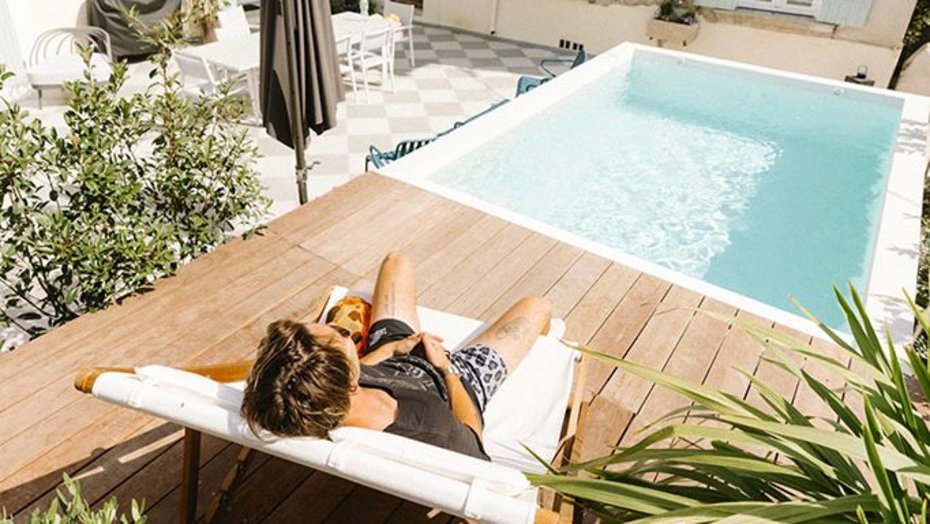Holiday landlords avoid the eco-tax
“In August alone I earn 4000 euros from holiday rentals” - How private holiday landlords in Mallorca can avoid paying the eco-tax.

The economic crisis, the high unemployment rate and the tourist success that Mallorca has experienced in recent years have created a kind of perfect situation that allows property owners to make the most of the summer months by renting their properties to tourists legally, in compliance with the Urban Rental Law (LAU), while avoiding paying the eco-tax.
There is the case of Ana, who owns a two-bedroom apartment in the centre of Palma, which she has been renting to tourists since she lost her job and exhausted all the services.
"I have no income but in August alone I will earn 4,000 euros renting out my apartment," she comments, stressing that she is not harming "anyone" and stressing that it is completely legal. "I draw up the contract under the LAU and then I declare my income in the tax return to pay the corresponding taxes," she notes.
And the eco-tax? A furtive grin appears on her face: "My tenants don't pay this tax," she says, knowing that it is the lack of regulation of this sector in the Balearic Islands and the existence of the LAU that allow her to rent out her property without asking tourists to pay the tax and without fear of possible reprisals.
"At the beginning I charged 50 euros a day, but demand is so high that today I charge 125 a day," continues Ana, who admits that she even has a waiting list to make a profit from her apartment in the center of Palma de Mallorca. The issue of "neighbors" still concerns her: there have been complaints about noise in recent rentals and she doesn't want a complaint to ruin her business.
Almost in the same neighborhood is Franco's apartment, which is also intended for this very profitable use. But in his case, it is less a matter of necessity than of supplementing his salary, knowing that in the summer in the Balearic Islands "everything can be rented out". And, like Ana, he is convinced that he is not doing anything illegal. "It is true that we do not pay the eco-tax, but the fact is that the LAU allows rentals of one week," he defends himself.
Finally, there is the case of Carmen, who moves to her other home in the north of Mallorca every summer in order to be able to rent out her studio in the Santa Catalina district of Palma. So she spends July and August in her other apartment and enjoys the income generated by her apartment in Palma, which - not surprisingly - also does not include the eco-tax.
She is doing this because she is planning to set up a business soon, but her current income is not (yet) sufficient for this.
